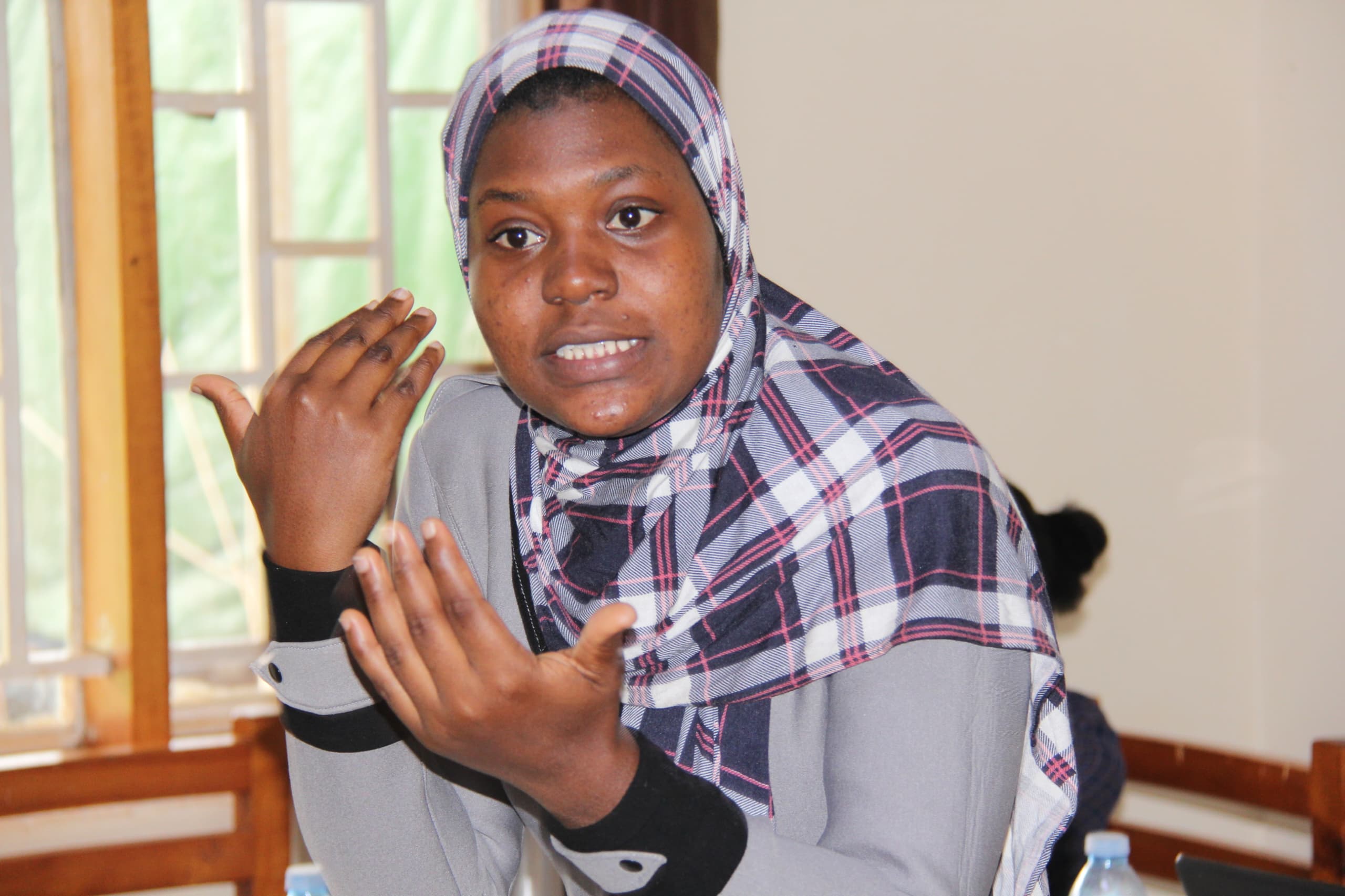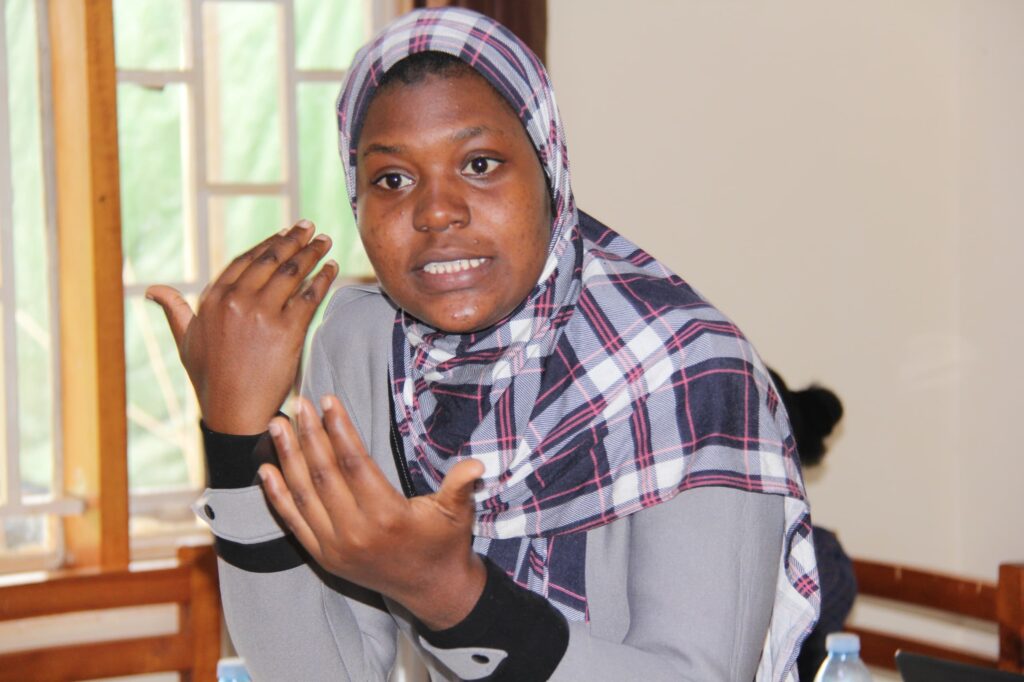
 Mama FM
Mama FM

 Mama FM
Mama FM
7 September 2024, 11:44 am
By Byamukama Alozious
In a significant step towards improving the reporting of gender-based violence (GBV) and violence against women, the Uganda Media Women’s Association (UMWA), with support from the Austrian Development Cooperation, recently conducted a comprehensive training programme for journalists, civil society organisations (CSOs), and healthcare workers.
One of the key beneficiaries of this training, Maryum Namakula, a senior journalist at News24, shared her insights on how this initiative has transformed her approach to storytelling and advocacy.

Namakula emphasised the profound impact the training had on her ability to fully understand and report on the complex issues surrounding gender-based violence (GBV). She noted that, prior to the training, one of the most daunting challenges she faced as a journalist was the lack of in-depth knowledge about the topics she was covering. This gap in understanding often made it difficult to identify the most crucial angles within the broader context of violence against women.
“One of the biggest challenges we face as journalists is the limited knowledge we often have about the topics we report on, particularly issues like gender-based violence,” Namakula explained. “Without this understanding, it’s difficult to fully appreciate or explore the many aspects surrounding such issues.”
The training provided by UMWA was an eye-opener, equipping Namakula with the knowledge and tools needed to address these issues more effectively. She now feels empowered to report on these topics with greater accuracy and to convey the appropriate emotions and perspectives that her stories require.
“I am now in a position where I can clearly define the angle I want to take in a story. When it comes to support, I am fully aware of who to contact,” she said. “Stories should not just be reported and left at that. They need to have a positive impact, bridging the gap in addressing gender-based violence and helping survivors.”
Namakula emphasised the importance of ensuring that her stories do more than just inform—they must also lead to actionable outcomes that benefit the survivors involved. The training has equipped her with the necessary resources to connect survivors with the help they need, ensuring that her reporting extends beyond the page and contributes to real-world change.
“This training has been incredibly helpful. It has provided me with the tools to make my stories not only informative but also actionable and beneficial for the survivors involved,” she added.
Namakula’s experience highlights the crucial role that training and education play in empowering journalists to report on sensitive issues like gender-based violence (GBV) with the depth and sensitivity they require.
By bridging the knowledge gap and providing practical tools, such initiatives ensure that stories do more than just raise awareness—they also inspire meaningful change, making a lasting impact on the fight against gender-based violence.
This story, reflecting the insights of an experienced journalist, serves as a powerful reminder of the importance of continuous learning and the need for more training opportunities to enhance the quality and impact of journalism in Uganda and beyond.